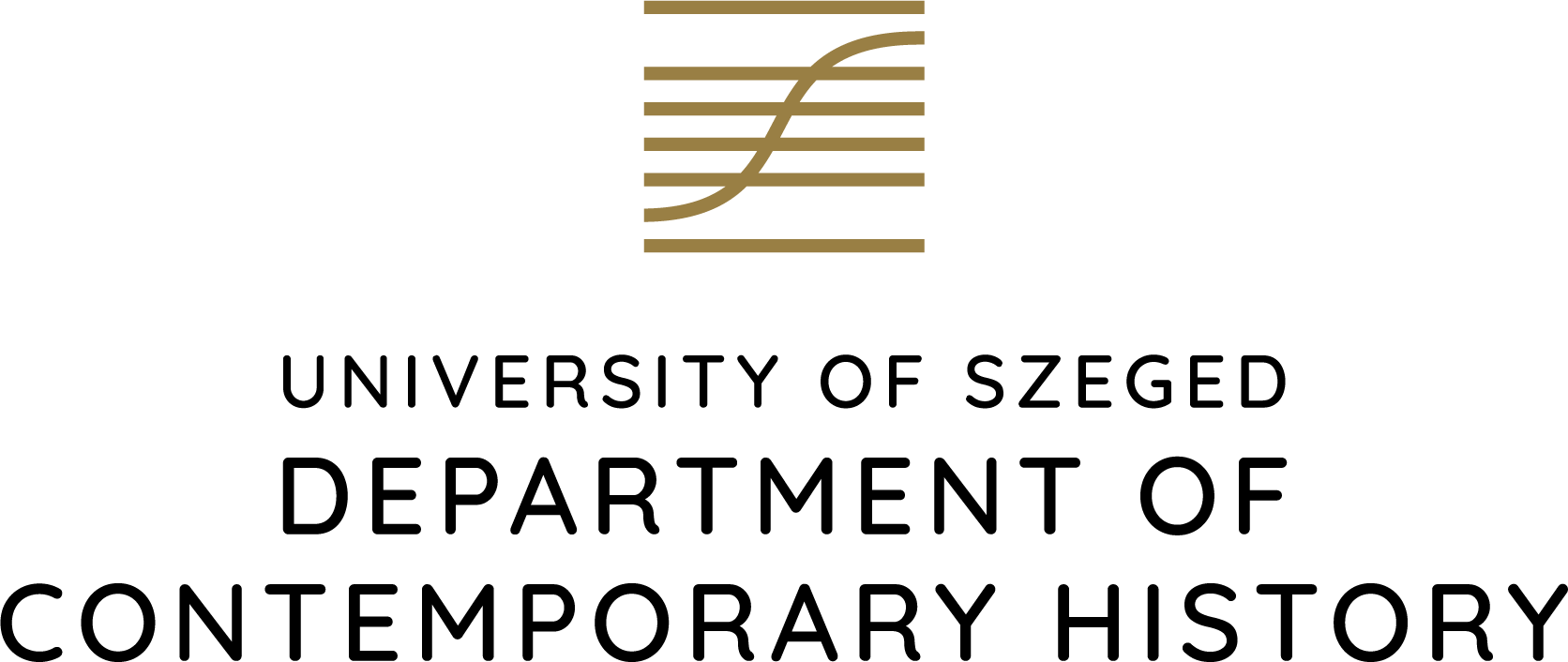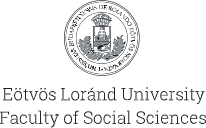- Why the history of globalization?
- Historicity and territorialization
- Former research
- Subtopics
- Methods and sources
- Research infrastructure
- International cooperation
Why the history of globalization?
Globalization is one of the most commonly used social science concepts today, intensely permeating the wider public discourse as well. However, these debates often lack a historical perspective.
Accordingly, the research group seeks to investigate
- the process and consequences of globalization in Hungary
- which have been only partially explored so far
- in a systematic and comprehensive way
- from the last third of the 19th century to the end of the 20th century.
The full title of the project also reflects the above aspects: Waves of globalization and territorialization in Hungary in the 19th and 20th centuries in a comparative perspective.
Historicity and territorialization
A long-term approach is essential to assessing and understanding globalization, as it is not a recent phenomenon. This process can be traced back to at least the end of the 19th century, but, according to some researchers, to the much farther past. Moreover, globalization did not follow a straight line in the 19th and 20th centuries, but rather came in waves, which affected societies and social spheres with different depths and diverse consequences.
The deepening of international economic, cultural and other relations has been interrupted several times by processes contrary to the above ones, during which the borders of states have once again become more difficult to cross. In other words, periods of territorialization ensued, the examination of which also took place only sporadically in Hungary.
In particular, we want to know
a) how Hungary participated in the waves of globalization and territorialization;
b) what the gates of globalization and its barriers were;
c) what social and political effects globalization had on Hungary and what kind of impacts the increased realization of the principle of territorialization exerted on Hungary.
Former research
Senior researchers of the group can rely on their previous work in several ways:
- Béla Tomka, besides publishing studies on the methodology of historical comparisons, also applied the comparative approach in the investigation of 20th-century Hungarian and European social and economic history in practice. For related volumes he received professional awards (Academic Award; Outstanding Academic Title Award, American Library Association), while also addressing some of the effects of globalization in these works;
- Péter Bencsik‘s extensive studies on 20th-century East-Central European border regimes prepared for the study of territorialization;
- Márkus Keller has wide experience in comparative research on international institutional and knowledge transfers;
- Melinda Kalmár published a comprehensive work on the Cold War era, in which she also analyzed the global ideological and economic effects on communist systems;
- Zsombor Bódy carried out extensive exploration in foreign archives of international organizations which played an important role in globalization.
The junior researchers of the group are active in areas with direct relevance to our research agenda. Thus, the examinations they have carried out so far can be expanded so that they help their own professional progress and employment prospects in the academic field.
Subtopics
The historical issues of globalization are studied from five main aspects:
- we investigate the social effects of globalization waves in the fields of fertility and urban development (researchers: Gábor Koloh, Márkus Keller);
- we study the political aspects of globalization through Hungary’s participation in international institutions and in the context of the 20th-century history of border regimes (researchers: Zsombor Bódy, Péter Bencsik);
- the connections between economic relations and globalization are shown by the diffusion of world-leading technologies in Hungary and the change in the importance of trade and capital relations (researchers: Péter Nagy, Márton Simonkay, Béla Tomka);
- we also survey the relationship between globalization waves and international conflicts, because processes of globalization can be interpreted in an innovative way, if the role wars and the Cold War played in globalization processes is also discussed (researcher: Melinda Kalmár);
- finally, discourses of globalization can be used by various political actors to promote their objectives of drawing on further globalization or territorialization that arguably substantiates the discourse analysis related to globalization (researcher: Katalin Baráth).
Methods and sources
The research follows the usual course of empirical historical analysis (elaboration of research goals and working hypotheses, preliminary definition of the research agenda, research into the scholarly literature and primary sources, collection, evaluation and selection of materials, analysis of sources, modification of working hypotheses, summary of results).
We emphasize the need for comparative analysis. By employing this approach, asymmetrical comparison becomes especially important, as the project primarily aims to contribute to a better understanding of the history of Hungary. Globalization can only be interpreted in an international context, so a broader perspective is a self-evident need, but comparisons also help to answer more specific questions, such as: Did globalization waves and territorialization processes have characteristic features in Hungary in an East-Central European comparison, and if they did, what were these peculiarities?
The sources of these instances of research are inherently diverse. In accordance with the research strategy of asymmetrical comparison, the survey of international processes is mainly based on secondary sources; at the same time, we also utilize archival sources in the Hungarian context.
Research infrastructure
The research group is based on the cooperation of
- the Department of Contemporary History at the University of Szeged
- and the Department of Comparative Historical Sociology at the Eötvös Loránd University, Budapest.
The planned research can capitalize on the educational profile and research traditions of the two departments, especially the scholarly work of the heads of the departments (Béla Tomka and Márkus Keller), and above all their results achieved in the historical application of the comparative approach.
The accumulated knowledge is transferred directly not only to the undergraduate but also to the doctoral training:
- in the Doctoral Program of Contemporary and Comparative History at the University of Szeged (headed by Béla Tomka),
- and in the Doctoral Program of Social and Economic History at the Eötvös Loránd University (instructors: Márkus Keller and Zsombor Bódy).
International cooperation
- The School of Slavonic and East European Studies, London,
- the International Institute of Social History, Amsterdam,
- the School of Social Sciences, Waseda University, Tokyo,
- Humboldt Universität and Technische Universität, Berlin
- the Leibniz-Institut für Geschichte und Kultur des östlichen Europa, Leipzig,
- the Herder-Institut, Marburg,
- the Leibniz-Institut für Ost- und Südosteuropaforschung, Regensburg,
- the Institut für Osteuropäische Geschichte, Vienna,
- the Institute of Contemporary History (Ústav pro soudobé dějiny), Prague
- and Charles University (Univerzita Karlova), Prague
are all research centers with which the members of the research group maintain intensive contacts.



